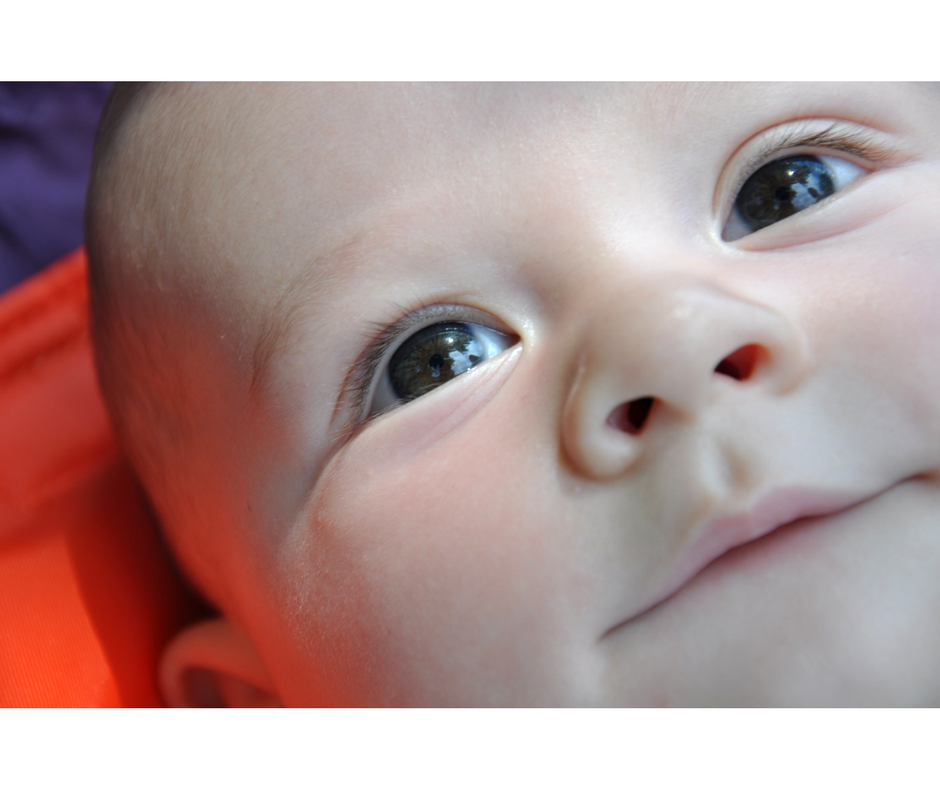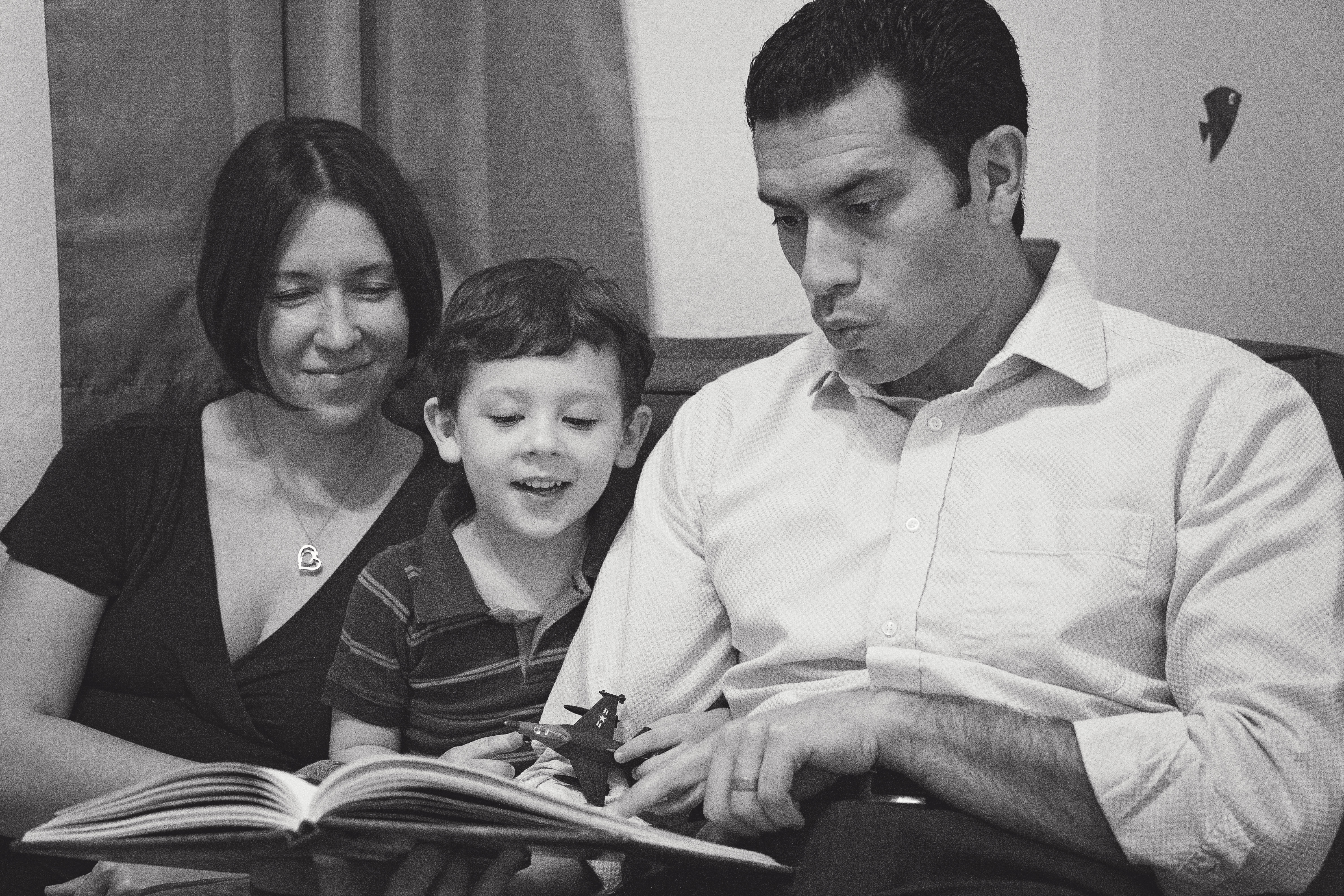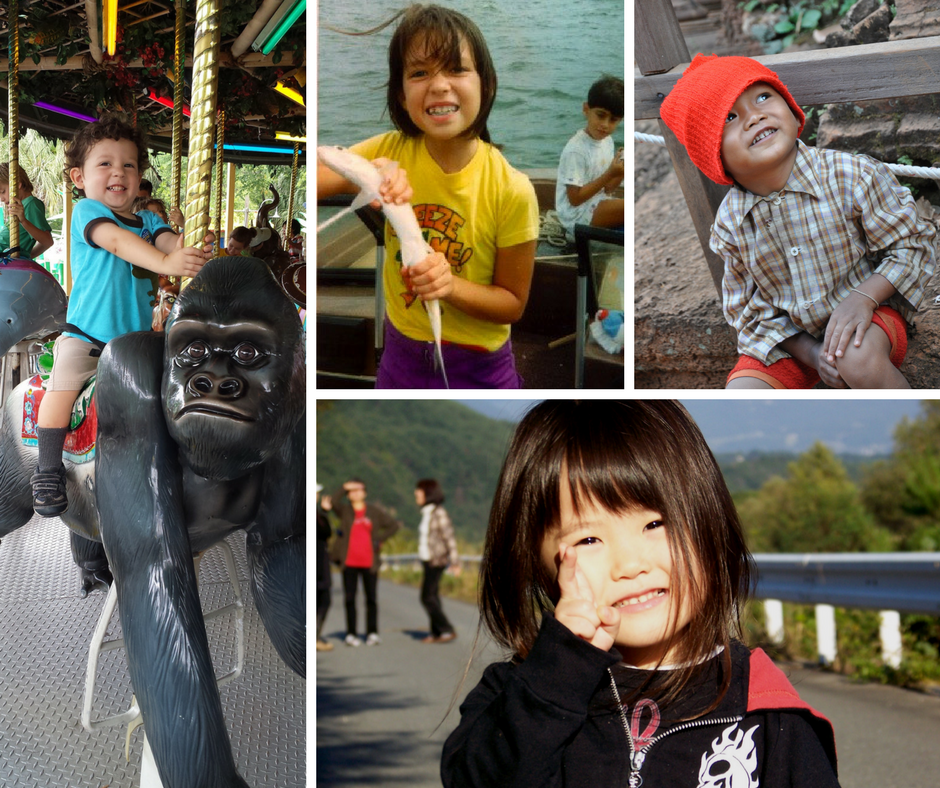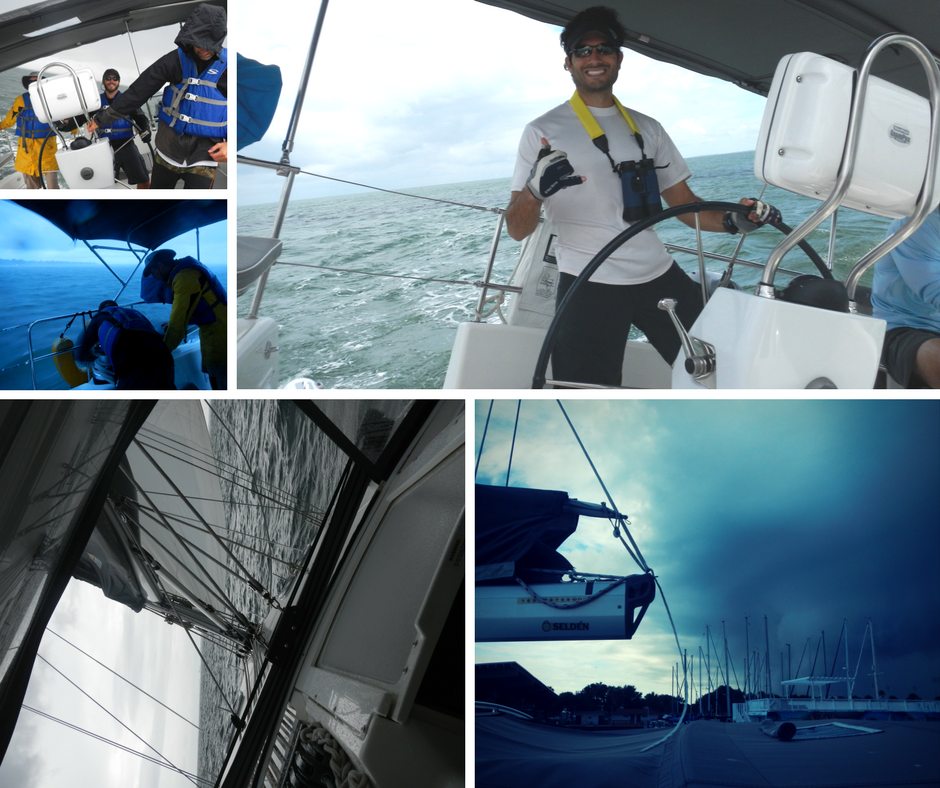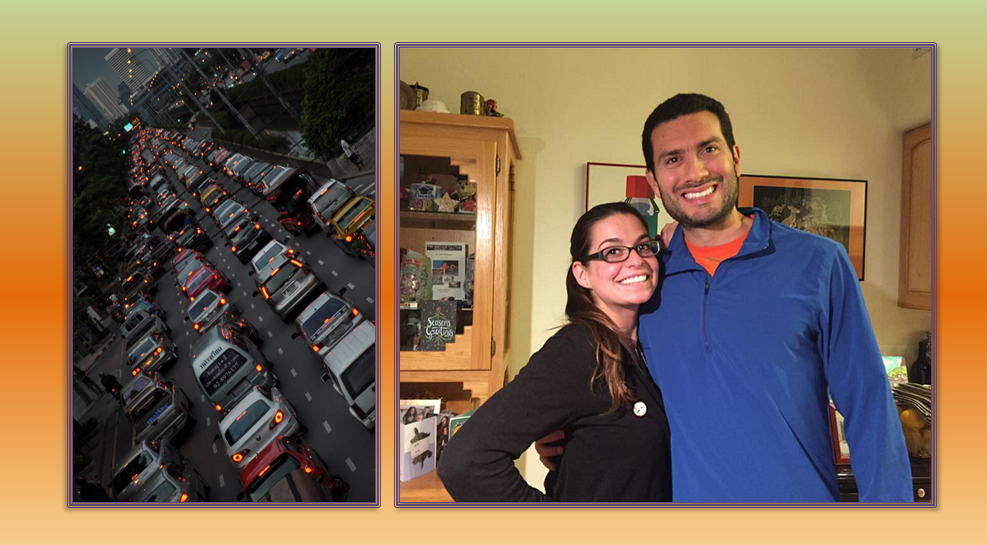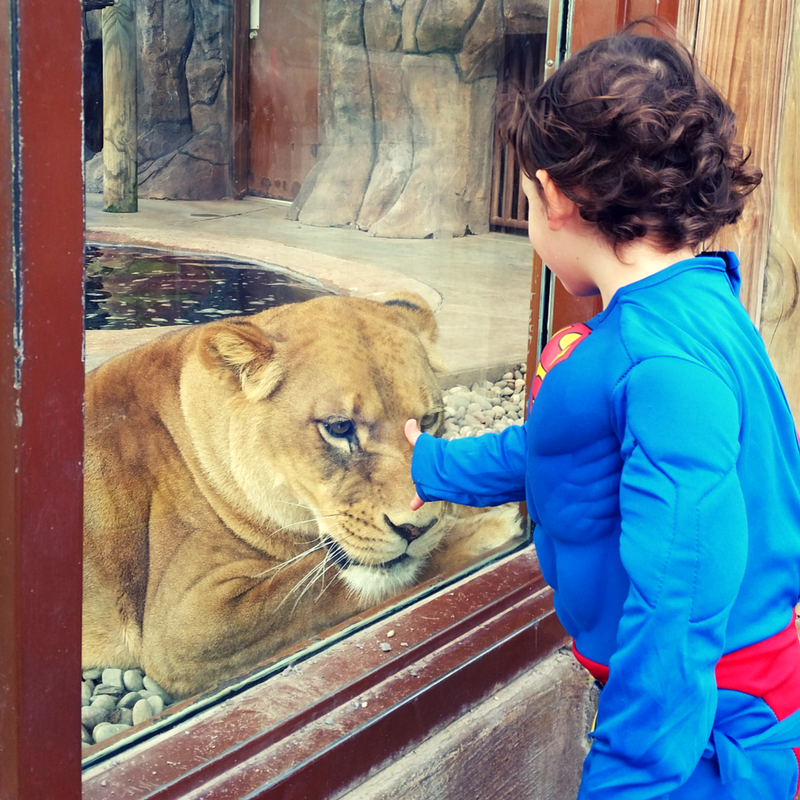
An article for Pen-Chant Magazine and the Malayalee Association of Tampa.
Where did daring go? Whether a childhood game (‘I double dog dare you!’) or the character trait of an adventurous spirit, daring used to be something that people valued.
Today, daring is something many of us avoid in the hope that someone else will take the risk. Instead of one child daring another to climb a tree outside, both children sit indoors entertained by their parent’s tablet. Instead of one adolescent daring to stand up to a bully, that same adolescent bottles their frustration and seeks comfort in a virtual gaming world. Instead of daring to seek fulfilling work, career professionals drown dissatisfying work-lives in reality TV, social media memes and even substance abuse. It is important to remember that risk, rather than compliance, is what brings reward.
Our history and our future are written by those who dare to dare; the daring few who challenge the status quo with new ideas that carry the power to change paradigms. Civil rights, women’s suffrage, child labor laws and international human rights are incredible achievements owed to those who dared to challenge the norm at a time when no one else would. Personal computers, cellular phones, mobile internet and virtual reality exist today because of those who dared to believe science fiction could be made real.
I am a parent. And like many parents, I feel the pressure to protect and support my children. I feel a responsibility to mold them into contributing members of society. But the truth is that my understanding of society is limited to the present, and getting older by the minute. If I form my child to fit the world of today, then they will never be able to shape the world of tomorrow. If I am an example of compliance and conformity, then my children will learn to value compromise over courage. Like all parents, I have infinite faith in my children’s future. But the only way to give them confidence in their own future is to demonstrate for them the confidence I have in my own. I must dare to dare.
We no longer live in a time where information is limited. Media is unrestricted and takes advantage of freedoms that often harm as much as they help. While much of the curiosity and cause for daring can seem lost in today’s interconnected world, I would argue that the hostility, fear and anger present in our world demonstrates a unique need for daring. The world needs those who dare to dare for good; who dare to dare for knowledge; who dare to dare for freedom and courage and community. And the best way to inspire a generation of daring heroes is to be a daring example.
Our lives have been graced by those who dared to dare. If we hope to leave a better world for those who follow us, we must follow in daring footsteps. There is incredible potential for justice, innovation, community and technology still ahead of us. What we consider to be fiction and fantasy can become real if the right people dare to make it so. And it falls to each of us to inspire and cultivate brave, new generations that dare to dare.

